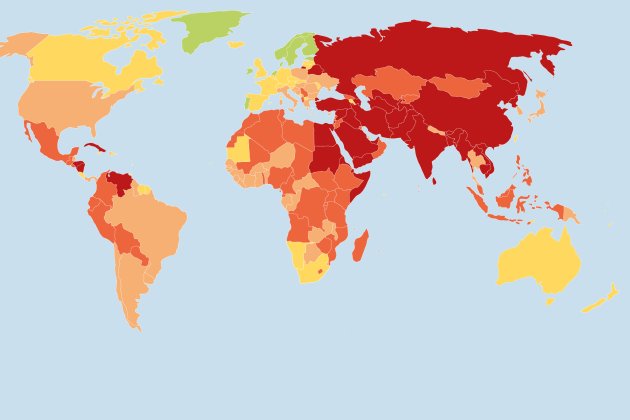Danes are ratting on neighbours they suspect of welfare fraud like never before. The number of anonymous reports being sent to local councils is growing, according to a sampling of the five largest councils taken by DR News.
The city of Copenhagen has taken advantage of people's willingness to tattle. In December 2011, the city installed a “report” option on its website. In January 2012, only about seven people were reported, but that amount is now up to about 140 people a month.
“Last year we received about 700 reports from residents through the report button, resulting in 100 solid cases that we are now investigating,” Thomas Jakobsen, a city spokesperson, told DR News.
And the picture is true across the country. Odense Municipality today receives about 50 reports per month, and the number of notifications has risen steadily since the financial crisis took hold in 2008, according to council spokesperson Beth Tholstrup.
In Aalborg, the number of cases being investigated based on a complaint has spiked nearly 54 percent between 2009 and 2012.
The numbers are similar in smaller councils as well, and authorities say the information has resulted in millions of kroner being recovered.
One Zealand council reported that it received an anonymous letter about a woman who was being paid 17,000 kroner a month in aid to single mothers. Although she divorced her husband several years ago, he has since fathered several of her children.
The anonymous letter said that the ex-husband’s car can be seen in front of the woman’s house every night, and the council is investigating to determine if the man is living there.
If the woman is living with her ex-husband, which the council said the evidence seemed to indicate, she could be guilty of cheating the council for more than a million kroner.
The case is still under investigation, and the council asked to remain anonymous.
Although catching the frauds has put money back into council coffers, one sociologist said it comes with a human cost as people begin to distrust their neighbours.
“These reports are a sign that a sense of fellowship and community among neighbours is absent, “ Ole Thyssen, a professor at Copenhagen Business School, told DR News. “They are an indication that our sense of community is dissolving and that our indignation is winning out over our sense of loyalty.”















